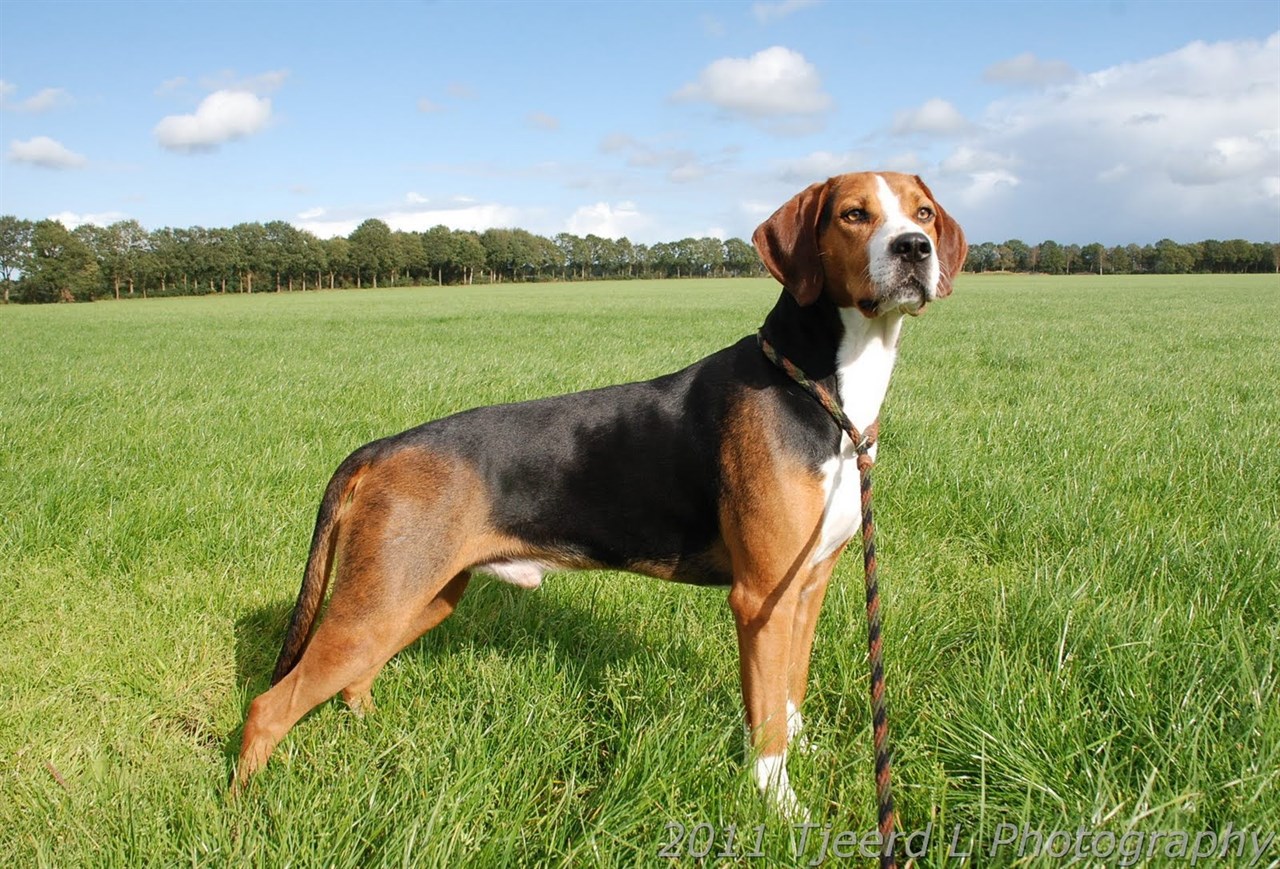Feeding Habits and Food Requirements of the Hamiltonstovare

Feeding your Hamiltonstovare a balanced diet that meets their nutritional needs is crucial for their health and well-being. Understanding their feeding habits and dietary requirements can help you ensure they thrive.
High-Quality Dog Food
Choose a high-quality commercial dog food for your Hamiltonstovare. Look for options that list a quality protein source as the first ingredient, and avoid foods with excessive fillers, artificial additives, or low-quality ingredients.
Age-Appropriate Diet
Hamiltonstovares have different dietary needs at different life stages. Puppies, adults, and seniors require different formulations of dog food. Choose a food that is appropriate for your dog's age and activity level.
Portion Control
Proper portion control is essential to prevent overfeeding or underfeeding. Follow the feeding guidelines provided on the dog food packaging as a starting point, but adjust the portions based on your dog's individual needs, including their age, activity level, and metabolism.
Scheduled Feeding
Establish a consistent feeding schedule for your Hamiltonstovare. Most dog owners find that feeding their dog two meals a day (morning and evening) works well. Consistent meal times help regulate their digestive system and can make housebreaking easier.
Fresh Water
Always provide access to clean and fresh water. Hydration is vital for your dog's overall health. Ensure that your Hamiltonstovare has a full water bowl at all times.
Avoid Table Scraps
Resist the temptation to feed your Hamiltonstovare from the table. Human food, especially certain types, can be harmful to dogs and lead to digestive issues, obesity, and other health problems.
Monitor Weight
Keep an eye on your dog's weight and body condition. Hamiltonstovares can be prone to obesity, so it's essential to adjust their food portions if you notice weight gain. Consult your veterinarian for guidance on maintaining a healthy weight.
Allergies and Sensitivities
Some Hamiltonstovares may have food allergies or sensitivities. If you notice signs of allergies, such as itching, gastrointestinal upset, or skin issues, consult with your veterinarian to identify potential dietary triggers and make appropriate dietary changes.
Special Dietary Needs
If your Hamiltonstovare has specific dietary requirements due to age, health issues, or other factors, work closely with your veterinarian to select an appropriate diet. Some dogs may benefit from prescription diets or specialised foods.
Treats in Moderation
While treats can be a useful tool for training and rewards, use them in moderation. Excessive treats can contribute to weight gain and disrupt your dog's overall diet.
Transitioning to a New Food
If you need to switch your Hamiltonstovare to a different dog food, do so gradually over several days to avoid digestive upset. Start by mixing a small amount of the new food with their current food and gradually increase the proportion of the new food.
In summary, providing your Hamiltonstovare with a nutritious and balanced diet, along with proper portion control, is essential for their health. Tailor their food to their age, activity level, and any specific dietary needs. Regularly monitor their weight and overall condition, and consult your veterinarian if you have any concerns about their diet or nutrition.
Hamiltonstovare puppies for sale
- Find Hamiltonstovare puppies for sale in ACT
- Find Hamiltonstovare puppies for sale in NSW
- Find Hamiltonstovare puppies for sale in NT
- Find Hamiltonstovare puppies for sale in QLD
- Find Hamiltonstovare puppies for sale in SA
- Find Hamiltonstovare puppies for sale in TAS
- Find Hamiltonstovare puppies for sale in VIC
- Find Hamiltonstovare puppies for sale in WA